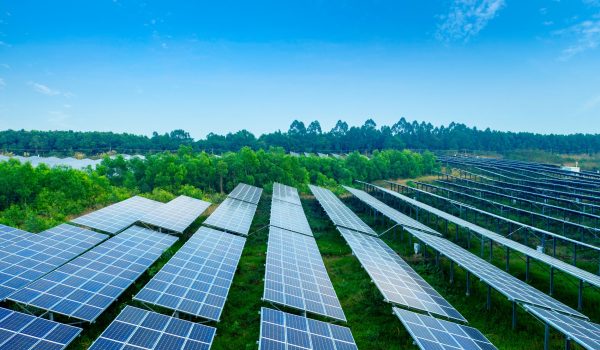Developments, challenges and opportunities within the e-waste sector
This research highlights developments, challenges and different prospects for e-waste (electronic waste). Various aspects of e-waste, including collection, pre-treatment and recycling, are briefly discussed. It turns out that Europe is the largest collector of electronic waste, followed by Asia, America, Oceania and Africa. The monetary value of e-waste raw materials is estimated at $57 billion. However, only $10.0 billion of e-waste is recycled and sustainably recovered, offsetting 15 million tonnes (Mt) of CO2.
The main challenges in handling electronic waste include waste collection, sorting and diversity. In addition, low energy density, prevention of further waste, emissions and cost-effective recycling are also objectives. Only 78 countries in the world now have e-waste legislation. Such legislation is not effectively implemented in most regions. Areas with many developing countries such as Southeast Asia and North Africa have limited or no legislation regarding e-waste. Therefore, country-specific standards and legislation, public awareness, effective implementation and government incentives are sought for the development of cost-effective technologies to manage e-waste. These are expected to play an important role in the circular economy.
Other relevant publications
The role of extended producer pesponsibility (EPR) in the energy transition
Analysis of the implementation of EPR for batteries in electric vehicles, solar panels, and wind turbines
Report collection for reuse at recycling centers
This report analyzes pilot projects in the municipalities of Amersfoort and Zwolle aimed at promoting the reuse of electrical appliances through recycling centers.
Program of requirements for circular climate installations
The program of requirements for circular climate installations has been developed for housing associations and their partners to reduce the environmental impact of building-related installations.







